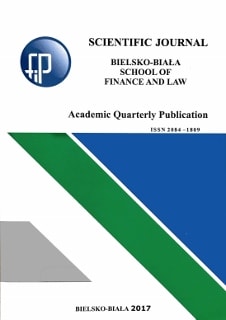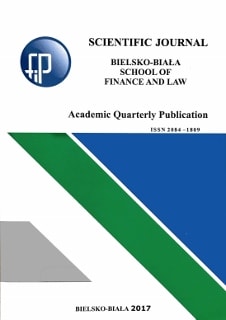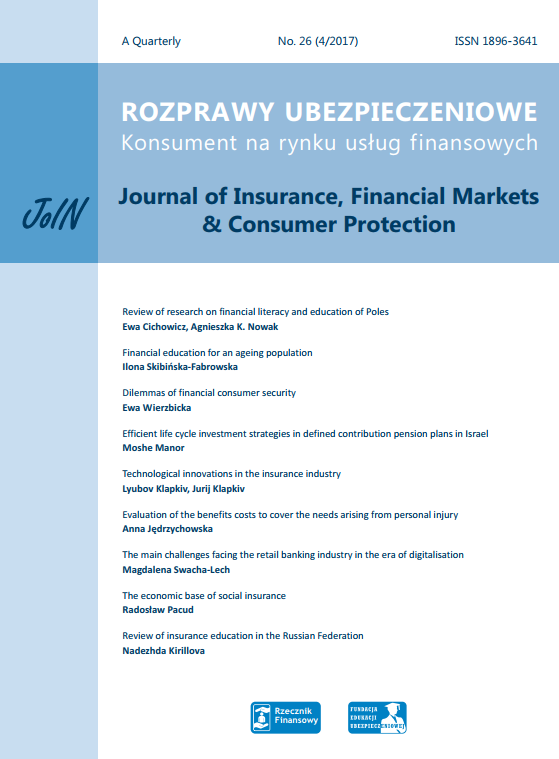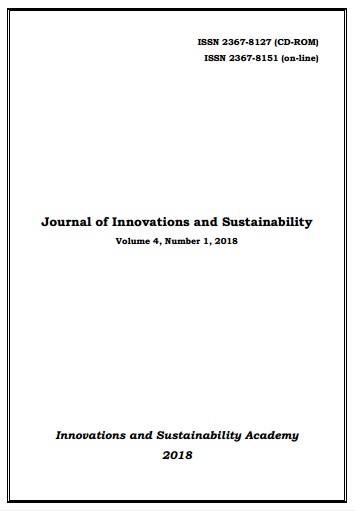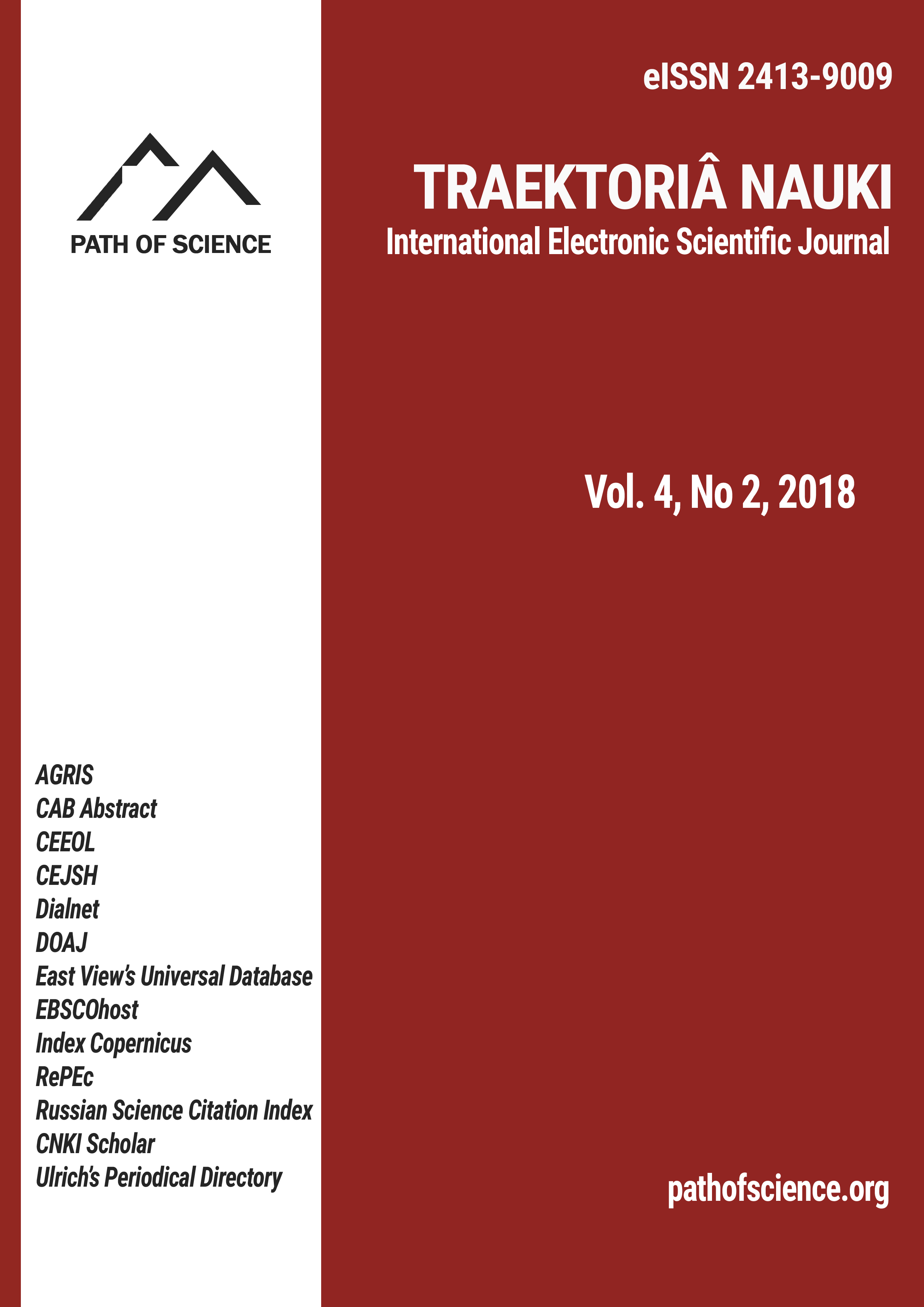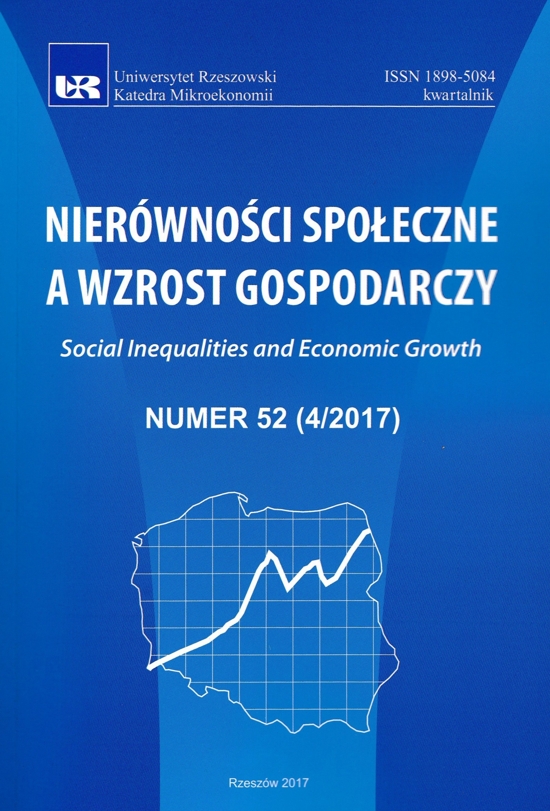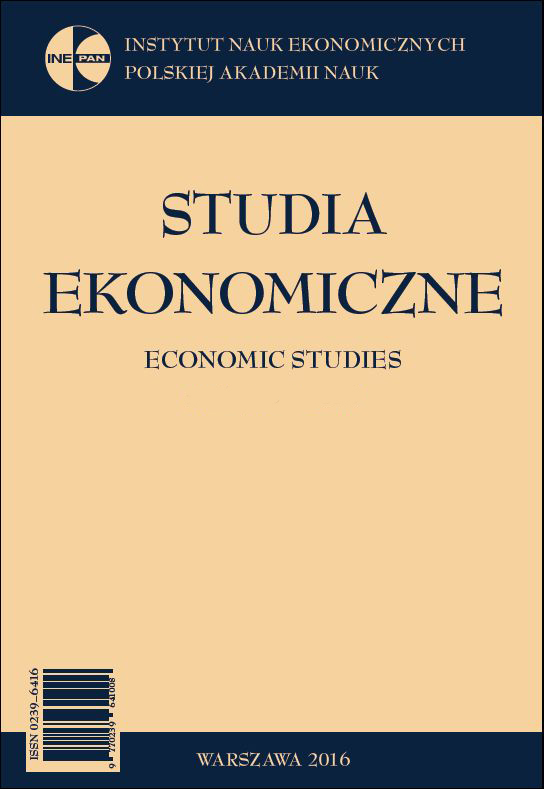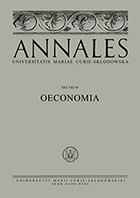
Dlaczego Arystoteles sprzeciwiał się pobieraniu procentu?
The concept of interest belongs to the most intricate issues in economics. Even though it has been undertaken by the most prominent philosophers there is by far no consensus on its nature and origin. Aristotle proves that money – a medium of exchange – can not be a source of value which justifies charging the interest. St. Thomas Aquinas adds that the money utility comes down to its spending and, as a consequence, collecting interest is a claim for double payment and as such can not be justified. In modern times, along with an expansion of credit institution, the economists started questioning the arguments raised both by Aristotle and St. Thomas Aquinas. It has been proved that capital is productive and a source of interest on capital is the surplus of value of final goods over the value of commodities which had served to their production. The interest on capital has to be treated as a reward for risk or abstinence undertaken by an entrepreneur.A fundamental change in an approach to the concept of interest took place along with the 19th-century revolution of value. Both Jevons and von Böhm-Bawerk noticed that a source of interest on capital needs to be associated with a difference in value of future and present goods. The interest as such is not a monetary phenomenon. A theory of interest developed by the subjective school of economics seems to be the first one which does not question the Aristotle’s assumptions and it can be interpreted as an evolution of the Aristotle’s concept.
More...
